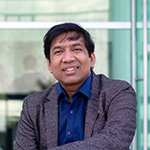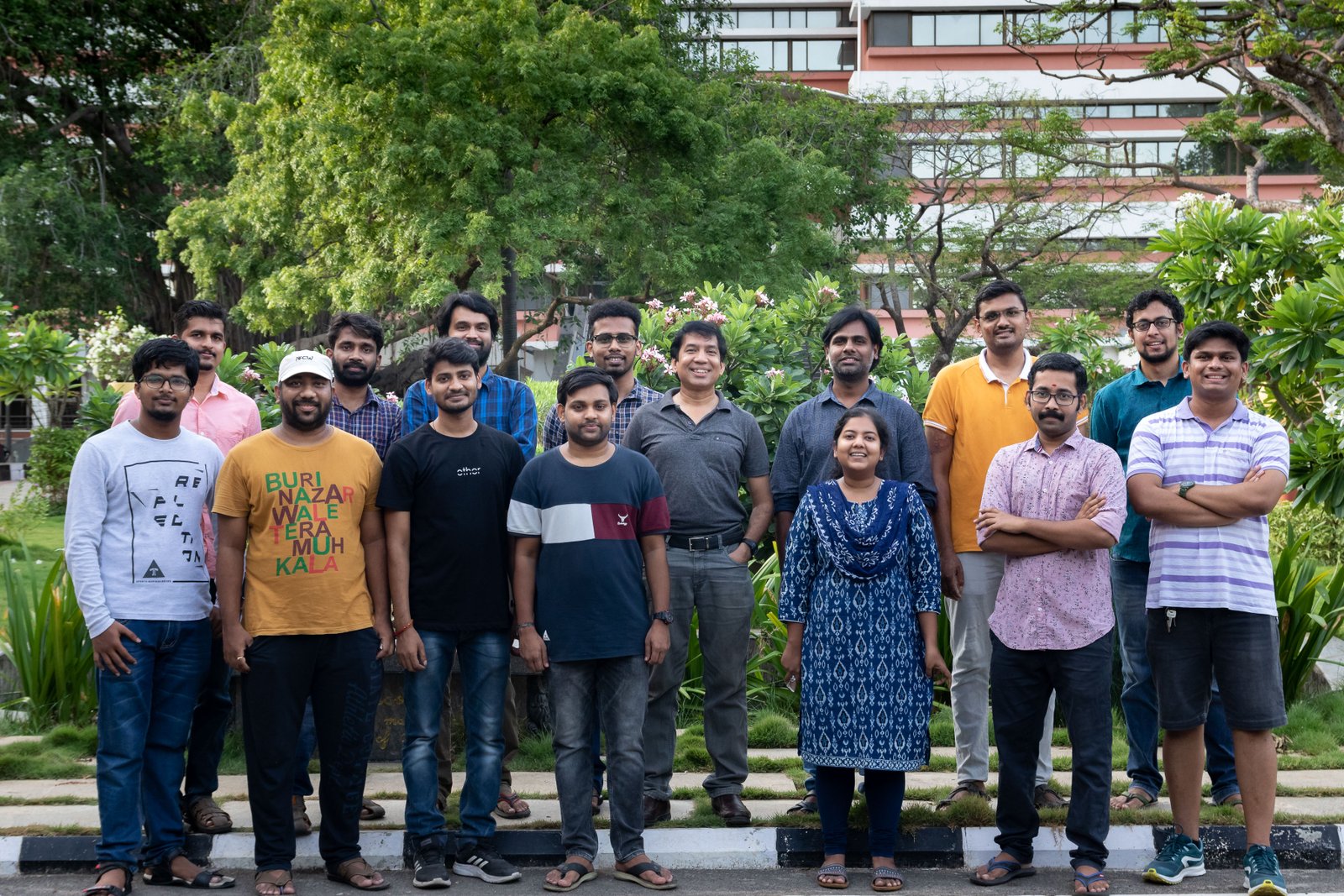INDIAN INSTITUTE OF TECHNOLOGY MADRAS
INDIAN INSTITUTE OF TECHNOLOGY MADRAS
The Central X-ray Diffraction Laboratory (CXRD) was established in the late 1960s and an unstabilized small X ray unit and a 57.3 mm Debye-Scherrer camera were all that were available until l969. In l969, Prof. Dr. –Ing R. Vasudevan was asked by Prof. A. Ramachandran, then Director of IIT Madras to compile a list of sophisticated XRD facilities that would help serve the needs of all the departments and the allotted budget was in the range of DM 200,000/- to 300,000/- (German Deutsche Marks). Two stabilized X-ray units, a powder diffractometer with full paraphernalia, D-S cameras of ll4.6 mm dia, a Weissenberg camera along with a Kratky small angle scattering unit were procured. The Gymkhana Office which was then located at the HSB was shifted from its place and the Central XRD Laboratory was established in that place With the excellent assistance provided by Philips India (whose principals supplied the X-ray units), the laboratory was fully commissioned and working within a month of the arrival of the equipment in India, i.e. by Feb/March l973. Kesavan Nair and Pathiraj who were then working with Prof. Vasudevan carried out all the work coming to the laboratory in addition to attending to their own work. Kesavan Nair eventually joined the Department of Metallurgical and Materials Engineering, IIT Madras as a faculty member and continued to head the Central XRD Laboratory until his retirement in 2013. Dr. Pathiraj works now in the Faculty of Engineering Technology at the University of Twente, The Netherlands.
Prof. Eckard Macherauch from the University of Karlsruhe, a recognized expert in the field of Residual Stress Measurement by XRD techniques was visiting India in 1973 and spent a period of one month in IIT Madras. During this time, the Central XRD Laboratory got into this area also and in due course added a Rigaku unit designed for this kind of study.
In addition to regular research and student work, the laboratory has also helped industries in solving their technical problems, especially those connected with the analysis of residual stress or phase identification of interest and major concern to certain pharmaceutical companies and automotive industries. The laboratory has also assisted some medical doctors in their research work on the analysis of kidney stones of patients and has developed copyrighted software on the rapid analysis of kidney stone composition. (excerpts from the memoirs of Prof. R Vasudevan written in the souvenir of AXTA2013 during the retirement of Prof. Kesavan Nair)
The Central XRD Laboratory continues to interact with a large number of industries within and as well as outside the country, offering consultancy services related to metallurgical failure analysis, phase analysis, estimation of retained austenite and residual stresses using X-ray diffraction techniques. Being a central facility, the laboratory is open to all the students and faculty members of all departments in IIT Madras. For students and faculty members from other academic institutions, the facilities of the laboratory can be used on chargeable basis. The details of the equipments available in the laboratory are displayed on the website. Please feel free to contact the faculty-in-charge if you have any queries/suggestions or if you have any complaints.
Faculty-in-charge:


Senior Technician
| Joined IITM: | 2019 |
| Educational Background: | - |
| Email: | harikiri29@gmail.com |